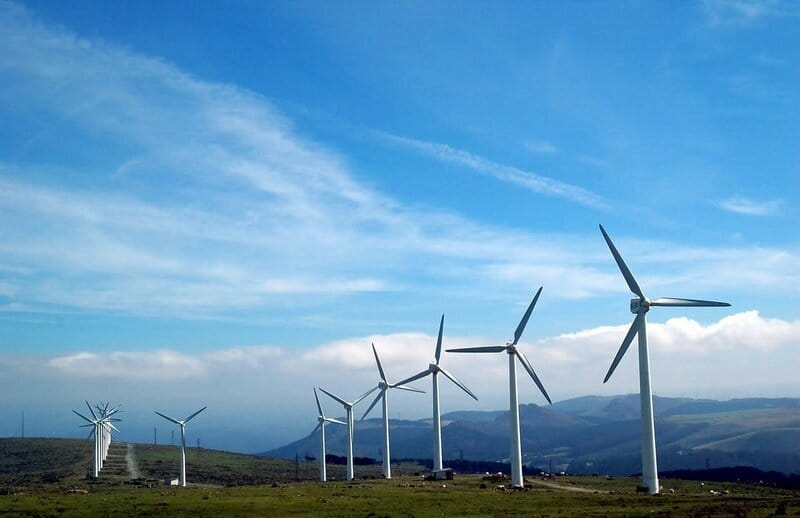In October 2020, South Korea president Moon Jae-in pledged to have the country achieve carbon neutrality by 2050. However, the country’s carbon-intensive power sector, with coal power accounting for approximately 40% of total electricity generation and a quarter of national emissions, remains a major obstacle to achieve this goal. A report by Carbon Tracker finds that renewable energy can be accelerated beyond government plans to reach 40% by 2028, phasing out coal earlier than planned in South Korea.
—
What is Happening?
- The report, called End in Sight, claims that all coal power plants will be unprofitable before the end of their expected lifetimes even under current environmental policies and power market regulations.
- The report suggests that carbon prices should be introduced in conjunction with other measures to phase out coal.
- Along with renewable energy deployment, there needs to be efficient implementation and integration of storage units in the power system, in order to ensure grid security when paired to intermittent renewables.
Investment in Renewable Energy
- The country’s 9th Basic Plan, which outlines its pathway to achieve carbon neutrality, calls for 27 GW and 13 GW of new solar and onshore wind respectively by 2028. The Carbon Tracker report created a cost-optimised analysis for renewables investment and found that a more ambitious rollout of 40 GW and 14 GW of solar and wind is feasible.
- Carbon Tracker says that its investment schedule as well as a carbon price regime will make it feasible to phase out coal by 2028. It says that the plan will allow the country’s power system to save USD$5.5 billion compared with a later phase-out scenario. Moreover, a carbon price paired with policies promoting greater renewables penetration can deliver an even more effective change for the generation mix.
- Most planned coal plant projects are projected to be unviable beyond 2030. This crunch point could be brought even further forward if spot power prices remain around current levels, or if a 2030 power sector emissions cap consistent with a 2050 net zero target is introduced.
- As mentioned, coal power accounts for around 40% of South Korea’s electricity generation, and the government currently does not have an official phase-out year. Under the 9th basic Plan, half of the country’s 60 coal power units would close by 2034. In November 2020, the National Council on Climate & Air Quality, a presidential advisory body led by former UN-Secretary General Ban Ki-moon, proposed a coal phase-out year of “2045 or earlier” and consideration of a “2040 or earlier” phase-out year.
- Besides coal plants becoming unprofitable before the end of their expected lifetimes, the report shows that they are currently not being operated at full capacity.
You might also like: 20 Companies Produce More Than Half of Global Plastic Waste, Report Reveals
Valeria Ehrenheim, CTI analyst and co-author of the report, says, “Phasing out coal power by 2028 is the most cost-effective choice for South Korea right now given its pursuit of carbon neutrality by 2050. And without quickly phasing out coal power, the country would struggle to raise its currently ‘highly insufficient’ NDC, which is aligned with catastrophic warming scenarios. If South Korea sticks with current coal power plans, it will struggle to contain system costs as it falls behind other countries in the global trend of transitioning to clean energy and economic growth.”
Solutions for Our Climate researcher Gahee Han, a contributor to the report, says, “Coal plants take a lot of time to shut down and turn back on, which prevents them from being used with a greater uptake of renewables. Even if Korea does not enhance its ‘highly insufficient’ NDC, due to reduced utilisation needed to meet Korea’s generation sector emissions target of 193 million tons CO2e by 2030, the majority of old coal power plants will be running at a loss by 2030.1 Coal has already become uncompetitive here in South Korea. If Korea’s NDC is enhanced, coal power will become unviable even sooner.”
Han adds, “With increasing demands on Korea from the international community to raise its climate and energy transition ambition, and now with findings showing that a 2028 coal phase-out is the most cost-effective choice for consumers, too, the Korean government needs to embrace a much earlier coal phase-out than what is being entertained right now.”

















